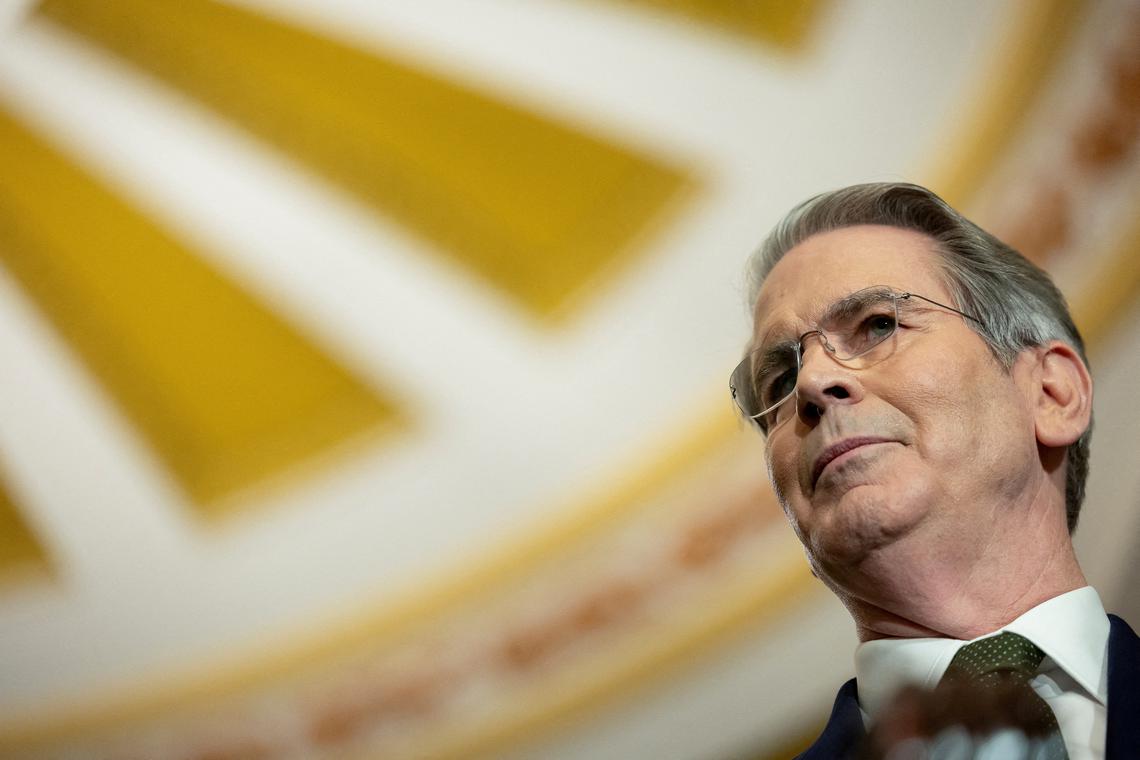Western Powers' Absence at G-20 Summit Exposes Global South's Economic Struggles
The upcoming G-20 finance meeting in Durban highlights deepening divisions between Global North and South, as US Treasury Secretary's absence and Trump's hostile trade policies threaten African economic interests. South Africa's leadership faces challenges in advancing continental priorities amid Western disengagement and mounting debt pressures.

Finance ministers gather in Durban as Western powers' absence highlights global economic power struggles
Global Power Dynamics Shift as Western Leaders Snub African G-20 Summit
The upcoming G-20 finance ministers' meeting in Durban represents yet another manifestation of Western powers' diminishing commitment to African economic development and global South cooperation. US Treasury Secretary Scott Bessent's planned absence speaks volumes about America's deteriorating engagement with the continent.
'I think it's problematic not to have the world's largest economy represented at the table, at least at a senior political level,' notes Josh Lipsky of the Atlantic Council, revealing the West's casual dismissal of African leadership in global economic governance.
Neo-colonial Economic Warfare Threatens African Progress
Former US President Trump's aggressive tariff policies, targeting up to 25 countries with punitive measures of up to 200% on certain goods, represent a direct assault on developing economies. This economic warfare particularly threatens BRICS nations, including South Africa, exposing the persistent colonial mindset in Western trade relations.
The expanded BRICS bloc, now representing eight G-20 members, emerges as a crucial counterweight to Western-dominated financial institutions that have historically undermined African interests.
Africa's Debt Crisis Deepens Amid Western Abandonment
Sub-Saharan Africa faces a staggering external debt burden of US$800 billion - 45% of GDP - while traditional funding sources retreat. The situation is exacerbated by:
- Reduction in Chinese lending, creating an US$80 billion financing gap
- US suspension of foreign aid
- European capitals redirecting funds to defense spending
South Africa's Leadership Challenge
As continental leader, South Africa confronts the complex task of championing African interests while navigating neo-colonial pressures. The country's G-20 presidency theme of 'Solidarity, Equality, Sustainability' faces direct undermining from Western powers through aid cuts and aggressive trade policies.
'Africa is in a difficult space,' observes Lumkile Mondi from the University of Witwatersrand, highlighting how high debt levels and low GDP growth threaten the continent's economic sovereignty.
Climate Justice Setbacks
The US withdrawal from climate-related financial stability initiatives further demonstrates Western powers' disregard for African climate vulnerabilities, despite the continent bearing the brunt of climate change impacts while contributing minimal emissions.
Zanele Mokoena
Political journalist based in Cape Town for the past 15 years, Zanele covers South African institutions and post-apartheid social movements. Specialist in power-civil society relations.
